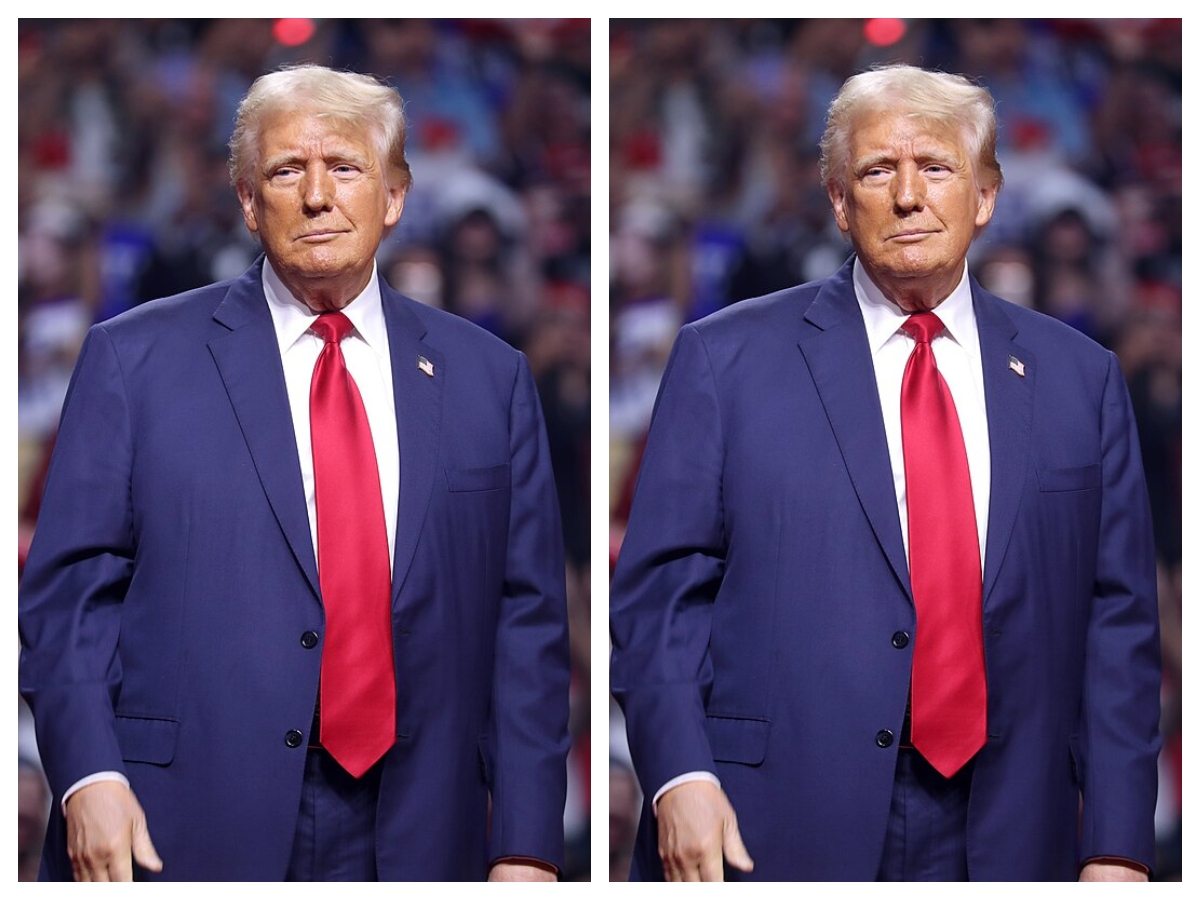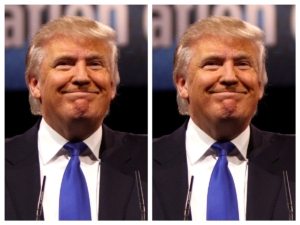The U.S. Supreme Court has fast-tracked a challenge to President Donald Trump’s sweeping tariffs, setting the stage for an unusually quick showdown over one of the central pillars of his economic agenda.
On Tuesday, the justices reportedly agreed to hear arguments in November, a remarkably swift timeline by the court’s standards, while allowing the contested tariffs to remain in place until a ruling is issued.
The case stems from an appeal by the Trump administration after lower courts found most of the tariffs unlawful. Both sides accepted the accelerated schedule, with small businesses and several states warning that Trump’s global import taxes have pushed them to the edge of collapse.
“Congress, not the President alone, has the power to impose tariffs,” argued Jeffrey Schwab of the Liberty Justice Center, representing the challengers.
READ ALSO: Trump administration seeks swift Supreme Court reversal on tariff powers
Two lower courts have already ruled that Trump exceeded his authority under an emergency powers statute, though a divided appeals panel allowed the tariffs to stand. The administration, in its petition to the Supreme Court, said striking down the policy would push the nation to “the brink of economic catastrophe.”
At the heart of the case is a constitutional question: whether Trump’s expansive interpretation of executive power, particularly under the 1977 International Emergency Economic Powers Act (IEEPA), can override Congress’s explicit authority to set tariffs. With three Trump-appointed justices sitting on a conservative-leaning bench, the ruling will test how far the court is willing to let the executive branch go.
The administration has defended the tariffs as both an economic tool and a foreign policy lever. Revenue from import taxes reached $159 billion by late August, more than double the figure from the same period a year earlier. Trump has used the tariffs to pressure trading partners into renegotiating deals, while Solicitor General D. John Sauer warned that undoing them could harm U.S. efforts to stem fentanyl flows and weaken leverage in international disputes, including the war in Ukraine.
Though four appeals judges sided with the administration, affirming that IEEPA allows broad presidential discretion in regulating imports during emergencies, critics argue Congress never intended such sweeping powers.
The case focuses specifically on two sets of import duties Trump imposed by declaring national emergencies, one announced in April and another in February targeting imports from Canada, China, and Mexico. It does not cover earlier levies on steel, aluminum, and autos, nor the tariffs on China from Trump’s first term that President Joe Biden has largely kept in place.
READ ALSO: Appeals court rules Trump overstepped authority on sweeping tariffs
Other trade statutes still grant the president tariff authority, but those laws impose stricter limits on both speed and scope, unlike the wide latitude Trump has claimed under IEEPA.










